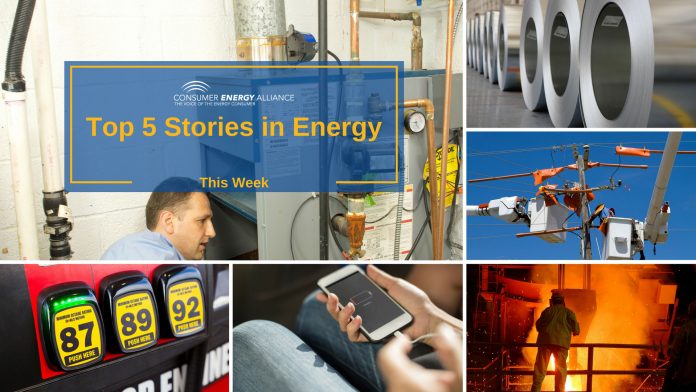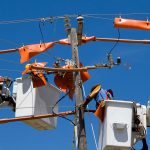
Nearly three million American citizens are still without power several weeks after two devastating hurricanes made landfall in Puerto Rico and completely destroyed the island’s electricity grid. Since the prospect of a new grid may take several months, some Puerto Ricans have started looking into ways of powering their appliances without being connected to the grid, which involves plug-and-play solutions that consist of small solar panels, batteries and converters. Such decentralized solutions are provided through tech startups such as Greenlight Planet, whose executives believe that many Puerto Ricans may choose to skip the grid altogether if they feel that rebuilding will be too costly and time-consuming.
According to a report by the U.S. Energy Information Agency, the outlook for winter heating fuels indicates that prices will be higher than previous years for American households, and of the causes for this trend is related to climate change. Furnaces and other heating units across the U.S. are expected to be more active this winter as temperatures will be lowers for extended weekly periods, and a similar situation may be experienced next year.
As the quest for longer lasting batteries that recharge faster continues, American scientists are turning their attention to indium, an advanced coating element that can be used in combination with lithium electrodes to produce more powerful rechargeable energy sources. The key advantage in using indium is that the coating can be accomplished by turning the substance into salt form, which could be easily implemented in the manufacturing process. In essence, indium coating would allow rechargeable batteries to retain their integrity longer, which means that their charging times would not have to increase over time.
Most people are at least somewhat aware that the U.S. shale oil boom has resulted in lower fuel prices at the pump. But they are probably less familiar with the economic impacts of the shale gas boom. I have covered some of the impacts of the cheap shale gas bounty in the past. They include a surge of natural gas exports to Mexico and displacement of coal in electric power production.
5Administrator Pruitt Issues Directive to End EPA “Sue & Settle”(via U.S. Environmental Protection Agency)
U.S. EPA Administrator Scott Pruitt told oil industry executives here yesterday that the “sue and settle” tactics used by public interest groups should be banned across the government. “The days of regulation through litigation are over,” said EPA Administrator Scott Pruitt. “We will no longer go behind closed doors and use consent decrees and settlement agreements to resolve lawsuits filed against the Agency by special interest groups where doing so would circumvent the regulatory process set forth by Congress. Additionally, gone are the days of routinely paying tens of thousands of dollars in attorney’s fees to these groups with which we swiftly settle.”
















